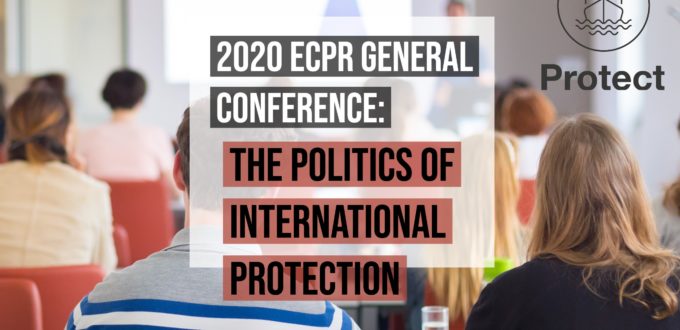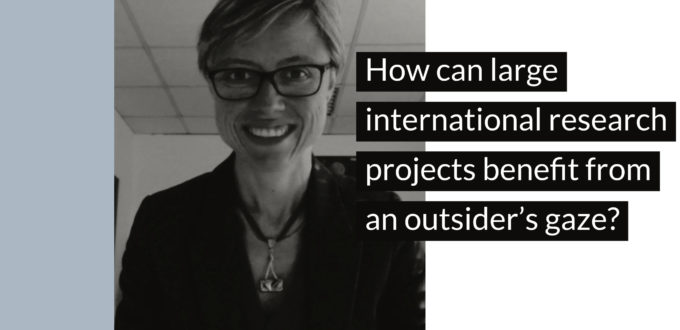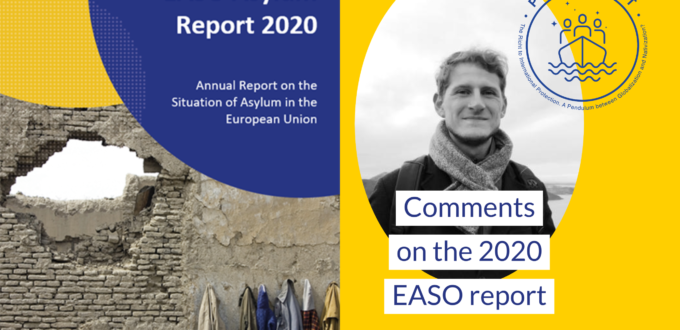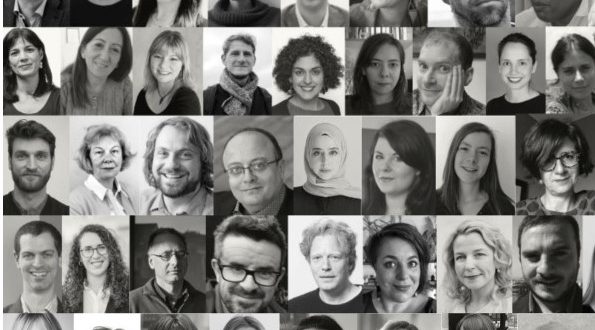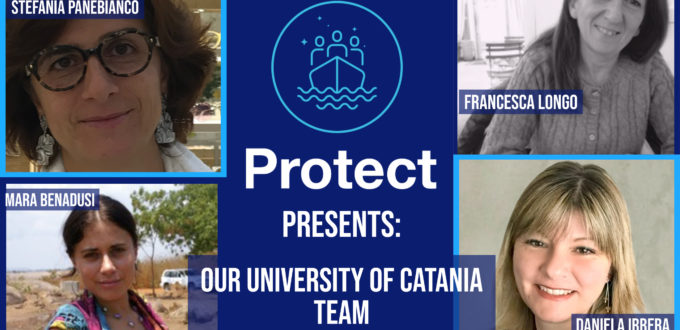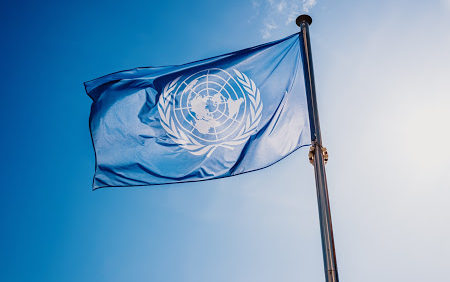Political Scientists from across the world are coming together for a virtual edition of the 2020 European Consortium for Political Research’s annual General Conference on 24 – 28 August. PROTECT researcher and Executive Scientific Coordinator, Pierre Van Wolleghem chairs the panel The Politics of International Protection: New Perspectives in the Post-Global Compacts Era on 25 […]
News & blogs
Interviewing PROTECT’s Independent Ethics Adviser Emanuela Ceva:
Eleven partner institutions and Work Packages, nine countries, and three years of cross-disciplinary research: in her role as PROTECT’s Independent Ethics Adviser, Emanuela Ceva’s outsider perspective will assist the consortium in navigating through complex ethical issues and blind spots that may arise along the way: – They may be elusive, but ethical issues are ubiquitous across the entire research actives of large research projects as PROTECT.
PROTECT Expert Forum 13-14 November 2020
Forum title: The Two UN Compacts – Refugees and Migrants: Challenges and Implementation in Europes When: 13-14 November 2020 Where: Online Hosts: Queen Mary University of London Background In 2019 the UN concluded two years of stocktaking and negotiations by adopting the Marrakesh Compact for Safe, Orderly and Regular Migration (The Marrakesh Compact). The Compact […]
“The US is not safe for asylum seekers” – Federal Court of Canada strikes down the Canada-US Agreeme
The Federal Court of Canada has determined that the Canada-US Safe Third Country Agreement (STCA) infringes upon asylum seekers’ right to international protection and has given the Parliament six months to take necessary action. Until then, Canada can continue handing over asylum seekers to the US officials, exposing them to arbitrary detention and the possibility of immediate deportation to the countries where they have fled persecution or other life-threatening situations. The Federal Court should rescind the STCA immediately, not six months from now, say PROTECT researchers, Idil Atak, Zainab Abu Alrob and Jona Zyfi in this blog piece.
What does the new EU budget have in store for migration and asylum? The effect of crises on EU spend...
While the COVID-19 crisis is slowing down in Europe, EU member states have once again been called to decide on the priorities of the Union for the next seven years and agree on a massive recovery fund to mend the damages the pandemic has done to the EU’s economy. As Romanian Ministry of European Affairs, George Ciamba declared while his country held the rotating Presidency of the Council: “The European Budget is a reflection of how we see the European Union in the future”.
On 21 July 2020, after four days and nights of intense negotiations, EU leaders reached an agreement and announced the new Multiannual Financial Framework (MFF). As far as migration and border policy are concerned, the new MFF as agreed upon by the European Council looks little like the budget the Commission had in mind in the first place.
The 2020 EASO Report: In the age of “new normality”, asylum retains all its urgency
The European Asylum Support Office’s (EASO) annual report on the situation of asylum in the European Union is a must-read for everyone interested in refugee issues with a focus on the EU+ area. The document covers 2019 trends but it does not seem to talk about another epoch: rather the opposite. Here are but a few extracts from its wealth of data
Who are the PROTECT researchers?
PROTECT partner presentations: The University of Catania
Meet PROTECT’s four researchers from the University of Catania, whose home ground on the island of Sicily is situated at the very front line of the European Union’s migration ports. Through the leadership of Professor Francesca Longo, the team studies the EU’s external migration relations and the impact of the Global Compacts on the work of CSOs and groups in need of international protection in their region.
What now for the 1951 Convention?
From our perspective, the most important development which the Global Compact on Refugees constitutes as regards the 1951 Convention is the alignment of refugee rights with human rights. The GCR commitments link together refugee protection and human rights in a UN instrument which, while not legally binding, sets out the common will of the international community.
PROTECT partner presentations: The Ghent University
Does the institutional location of states’ asylum agencies matter for the quality of their asylum determination? How does states’ institutional re-shuffling of their asylum agencies affect refugees’ right to international protection? These are the questions that PROTECT’s Belgian team from Ghent University seeks to answer as they study the impact of the Global Refugee and Migration Compacts on the governance of international protection. Leading the research is Professor Frank Castecker, on his team is also Ph.D. fellow, Eva Ecker.

